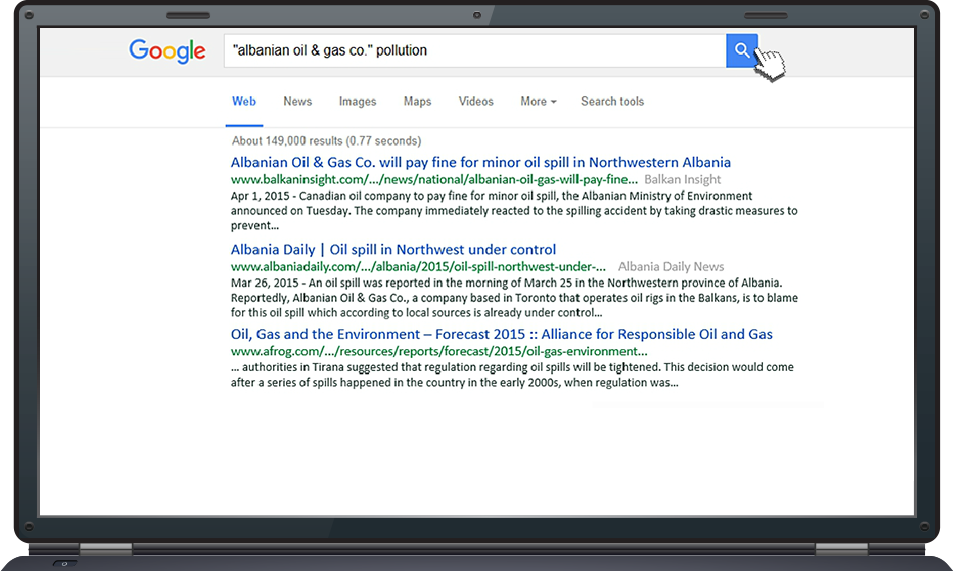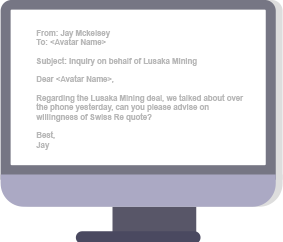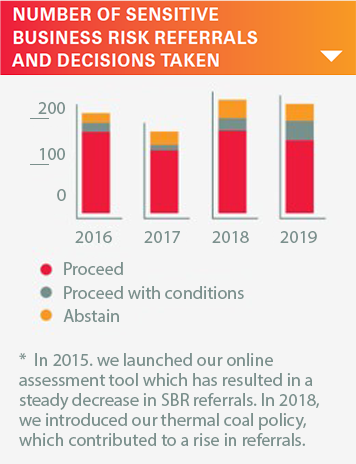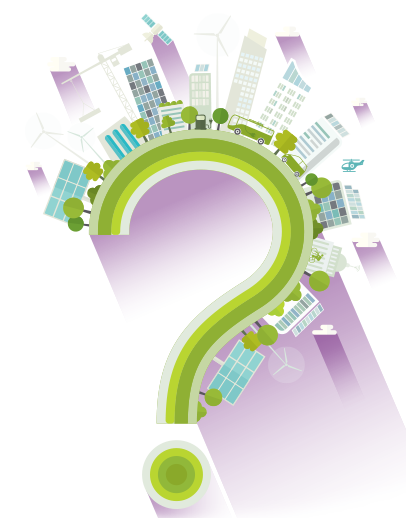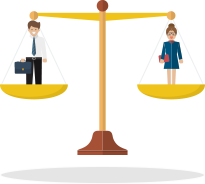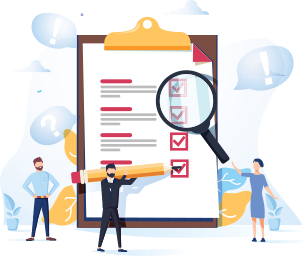Welcome to this module on
Sustainable Business Risk Framework
 This course has audio. For an enhanced experience, use headphones or speakers.
This course has audio. For an enhanced experience, use headphones or speakers.
 Select the help option on the top of the screen for a quick brief on module navigation/information.
Select the help option on the top of the screen for a quick brief on module navigation/information.

Objectives
Good job on creating your access card , at the end of this module, you will be able to:

Describe the Sustainable Business Risk Framework

Use the SBR Assessment Tool

Explain the due diligence process
Assessment
Welcome to Final Test
- You have now completed the Sustainable Business Risk Framework eLearning course.
- You will answer five questions in this test.
- You cannot return to a question once your answer has been submitted.
ALL THE BEST!


 Hi, to completely understand the Sustainable Business Risk Framework, you must go through the key concepts. I will walk you through each of those today. But, first, we must assign you an access card. Please help me create one.
Hi, to completely understand the Sustainable Business Risk Framework, you must go through the key concepts. I will walk you through each of those today. But, first, we must assign you an access card. Please help me create one.









